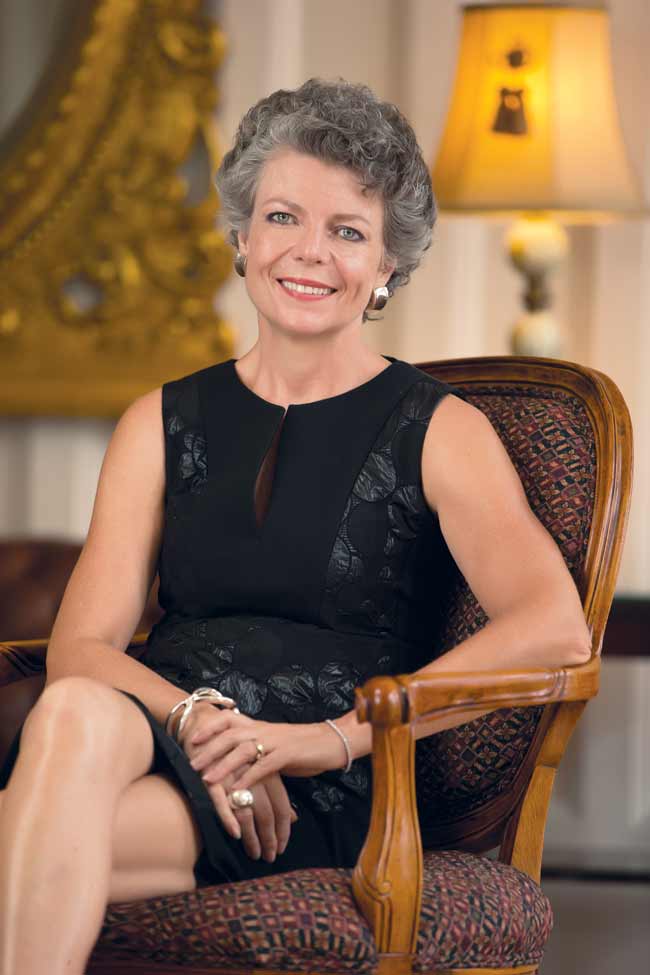 Last summer’s killings at Emmanuel AME Church in Charleston, South Carolina, catalyzed fresh public discussions about race relations in our country and encouraged reconsideration of historical symbols of racism in academic settings.
Last summer’s killings at Emmanuel AME Church in Charleston, South Carolina, catalyzed fresh public discussions about race relations in our country and encouraged reconsideration of historical symbols of racism in academic settings.
In September, Peabody responded when we launched a new Dean’s Diversity Lecture Series to foster constructive dialogue about race and other sensitive topics.
One of the panelists in our first discussion was Ebony McGee, assistant professor of education, diversity and urban education in the Department of Teaching and Learning. Professor McGee is a former engineer who felt drawn to return to academe to examine questions involving diversity in science, technology, engineering and math.
In workplaces as well as in the education programs that prepare STEM professionals, people from diverse backgrounds struggle to find their place, feel at home and contribute their talents. As detailed in this issue of the Reflector, Professor McGee wants to understand why. Through her research and mentoring students, she also hopes to do something about it.
Related to success in STEM is the Study of Mathematically Precocious Youth, which David Lubinski and I co-direct. Last spring we published midlife findings on two cohorts of participants, making this an opportune moment to review the history of this long-running examination of the highly intelligent.
Ideally, education develops the talents of all learners, of course, but problem behavior can disrupt learning for many. Peabody researchers in special education are at the head of a new federally funded consortium to train the next generation of scholars who can develop intensive interventions for both learning and behavior.
Peabody sends its alumni out into settings that are notable for being both challenging and diverse. It’s a testament to our graduates that so many of them prove successful in forming young minds, strengthening multicultural communities or improving complex organizations. As always, we offer a few examples.
Peabody College remains a place that is committed to both equity and excellence. We could not do this without your interest and support, and I thank you for your own commitment to our work.
Camilla Benbow
Patricia and Rodes Hart Dean of Education and Human Development